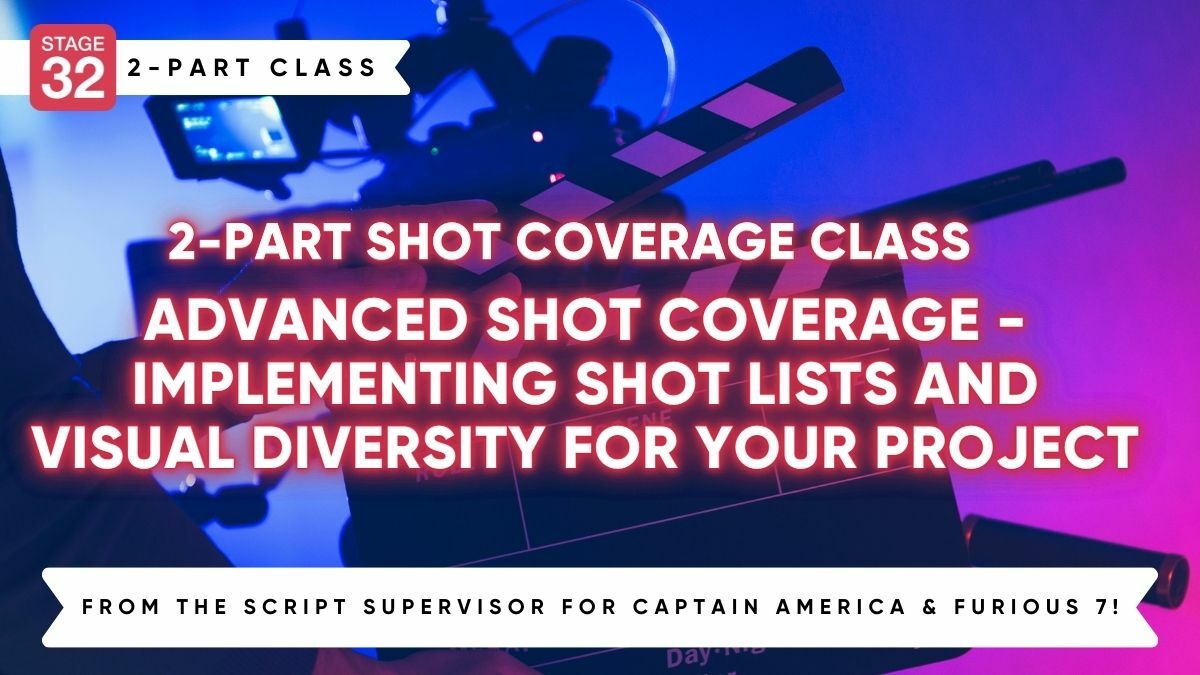Hey everyone. I run an after school filmmaking club and one of the main projects we will be doing this year is a documentary on the idea that Kentucky kids can do anything. Up until now, our club has done several short films and PSAs so this will be a new territory for us. Are there any suggestions for what needs to be done and what we should not do? Presently, the idea will be follow four or five of my students showing an interesting story from their lives. We will also be highlighting 20-30 news stories of kids of all ages doing interesting things. Finally, we will also be asking successful people from Kentucky to take a picture of themselves holding signs saying "Kentucky Kids Can Do Anything." As we are still in the planning stages, my concern right now is focus. Each of the documentaries I've seen (Super Size Me, Waiting for Superman, Comic Con, Trekkies) all have a laser sharp focus, but ours seems to be a vague concept right now- Kentucky Kids Can Do Anything. I like the idea and it sounds good on the surface, but I'm afraid that in the end it will not hold together very well. Any thoughts?



Thank you for responding. I am in Lexington, KY which means basketball and horses. It also shows why I'm having a hard time with what makes this idea interesting. Why Kentucky kids and not just all kids? The answer is that it is supposed to be for a Kentucky audience and end up being a sort of inspirational video for students. So, I have a definite target audience and purpose, but still not sure how to tie it all together. For example, I am used to following a story arc for narrative works, should I try to have a story arc with a documentary?
I would suggest that while the concept is general, I would pull three or four specific examples and focus on those. If one example is travel to Europe, you could show several examples of it, or it could be one person that did it with their specifics. If you have an example of impacting the local community you might have a specific individual or you might have four or five that are doing it a different way. But by putting together a few different examples you still fall into the general category while being able to focus on specifics of each example.
BTW an example of this would be the short Crafted by Morgan Spurlock. I thought that specific movie needed something to bring it together more, and it wouldn't have taken much. But the concept is the same. Three different companies that are hand crafting items and making a living at it.
1 person likes this
Good points are being made here. I'm somewhat inflexible as to the theme- it is more or less what we were assigned to do. The initial idea was presented as a promotion on the idea of "See what you can do if you work hard" and ended on the slogan Kentucky Kids Can Do Anything. But as I said, it feels too vague. I like John's idea on focusing on one specific thing that each kid is doing, but doing in a different way. Perhaps a similar conflict each is facing. I think the main four should be showing life right now, but the 30-40 news briefs should be on what has been accomplished (meaning to show what the present students could accomplish). Well, my plan right now is to ask for students to write a true story of something they are doing and it could be extraordinary like competing on a national level or as simple as walking their little brother to school everyday. One of the main points I would like to get across is that every student has value and not just those with an extraordinary talent. But, and this may be a completely different discussion, I have always thought a documentary is an unbiased take on a given situation- kind of like a lengthy news report. Meaning that if I go in to it with a preconceived idea of the message that I want it to show, is that being a true documentary?
Duane, I am facing a similar issue with the idea of being unbiased in a documentary. Although mine is about how my area is affected and all my research so far has pointed in one direction. The thing that cannot be quantified is human suffering. Seeing the true face of the thing for what it is and not some romanticized or magnified horror. Trying to show what it is. You don't need to be unbiased, have an opinion, but document the raw truth of the thing. I would suspect that when dealing with kids it would be tempting to make even the smallest thing blown way out of proportion. I think your best angle might be to educate the viewer on expectation and scale. You don't have to be a rich famous pop singer at 10 to be valuable, to do things that matter. To go further, why does the thing the child is doing matter to them? Why does it matter to someone else or to the community/country/world? Because if it is truly important to them, that is enough to matter. So what the child is doing has to be kept in perspective to it's universe. I think as film makers we tend to forget scale. In a sealed room that is 10' x 10', 10 square feet is significant property. In Montana 10 square feet is a joke. So for a child that has nothing, a $1 is important. To the child that has few/no friends, a smile may be enough to get through the day. Other kids think nothing of having an iPad, computer, playstation 4, several large screen televisions in the house... they may be like Montana and need a bit more to really be doing anything. Rock on.
1 person likes this
Excellent points, John. Thank you for the thoughts. The questions you are asking, "why does the thing the child is doing matter to them?" seems to be a good way to bring some focus. I'll be putting out the papers asking for stories next week. I'll get them back in the first week of September so I'll have a better idea of what I'm dealing with. But I like the questions you're asking and think they will help in bringing focus.